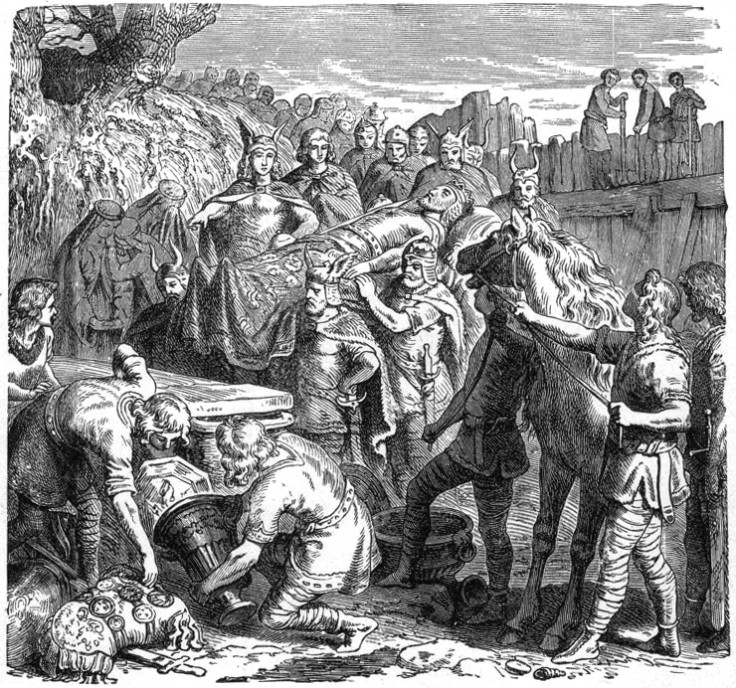Finding King Alaric's tomb: The search for £750m worth of treasure

Italian scientists and authorities have teamed up to launch an official investigation as they look to find the resting place of King Alaric – the Visigoth king who is said to be buried alongside a loot that could be worth almost three quarters of a billion pounds. Alaric and his men successfully raided Rome when it was the centre of the Roman empire in 410AD, and legend has it that he made off with two tons of gold, 12 tons of silver, a barrage of silk clothing and 1300kg of the spice pepper, among many, many other valuables.
Shortly after the ransacking of the Roman Empire's capital, Alaric died – in the same year. As the adored king, he was buried alongside much of the treasures. But his burial place has remained a mystery. It is believed that a river that runs through Cosenza in southern Italy is where his deathbed is situated, after his people allegedly temporarily diverted the river, buried him and his treasure in a stone tomb, and then let the water flow back over it.
Italian scientists and authorities have identified five sites where Alaric and the loot could be buried, and value the contents of the tomb at somewhere around £734m (£1.1bn, €1bn). Experts will now use drones, ground-penetrating radar, infra-red technology and electromagnetic tools in a bid to find the treasure, hopefully at one of five locations, which could now be 8m below the ground.
Francesco Sisci, the project coordinator, told The Telegraph: "It's a real-life Indiana Jones hunt. You have a legend of long-lost treasure, even the Nazis – Heinrich Himmler came here in 1937 to try to find the hoard for Hitler. He stayed in a Swabian castle. This is the stuff of Hollywood and Steven Spielberg. If there really is 25 tons of gold, it would be worth around one billion euros at today's prices."
Mario Occhiuto, the mayor of Cosenza who is in full support of the project, added: "Thanks to modern technology, for the first time we have the chance to embark on a systematic search for Alaric's treasure."
Occhiuto hit back at critics who say it is a publicity stunt and that there is no treasure to be found by saying: "Troy was just a legend until it was discovered [in the 1870s]. And Pompeii was found almost casually in the 18th century. We are really determined. This could be the biggest hoard of treasure in the history of humanity. It is part of the world's heritage."
© Copyright IBTimes 2025. All rights reserved.






















